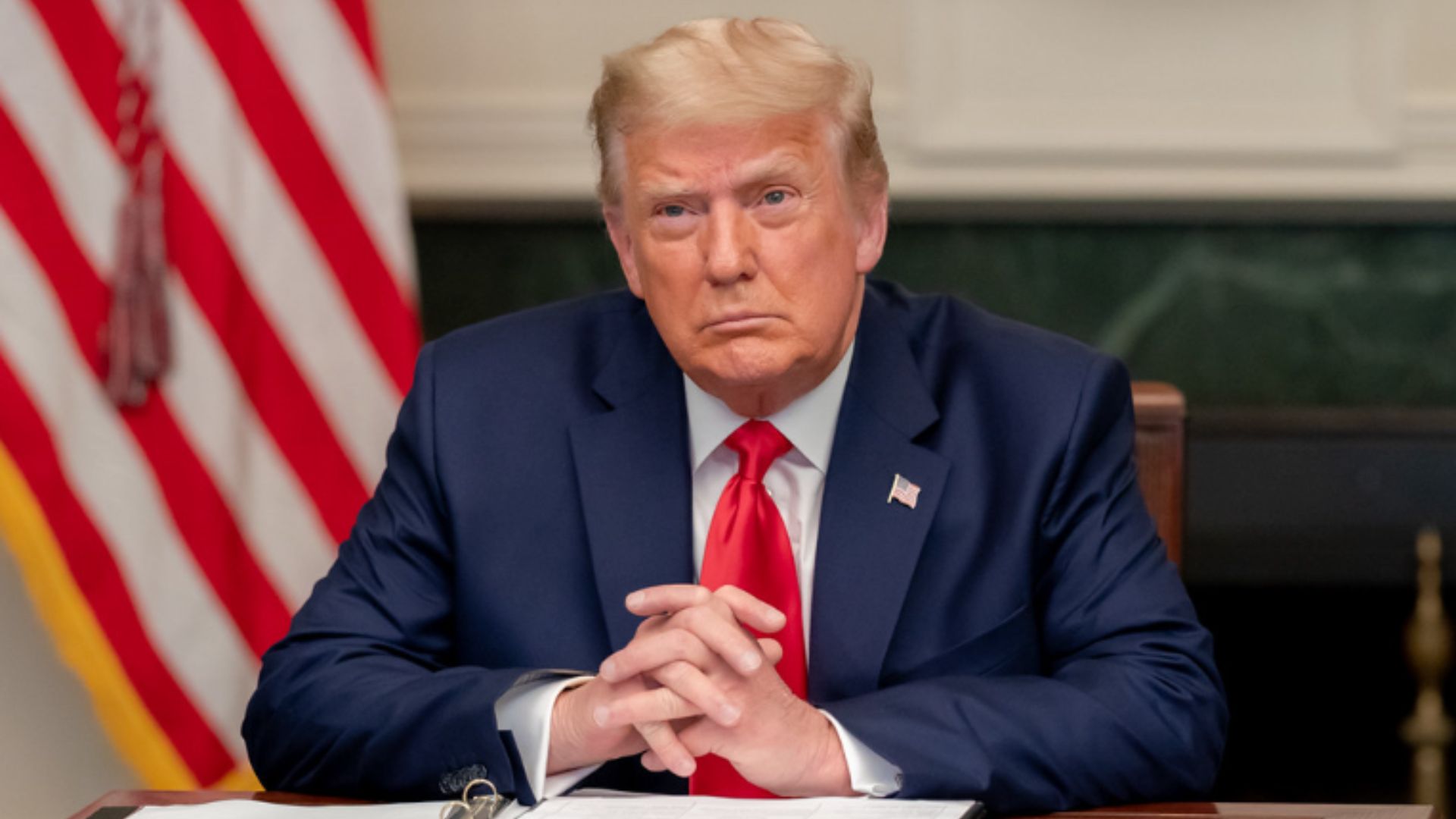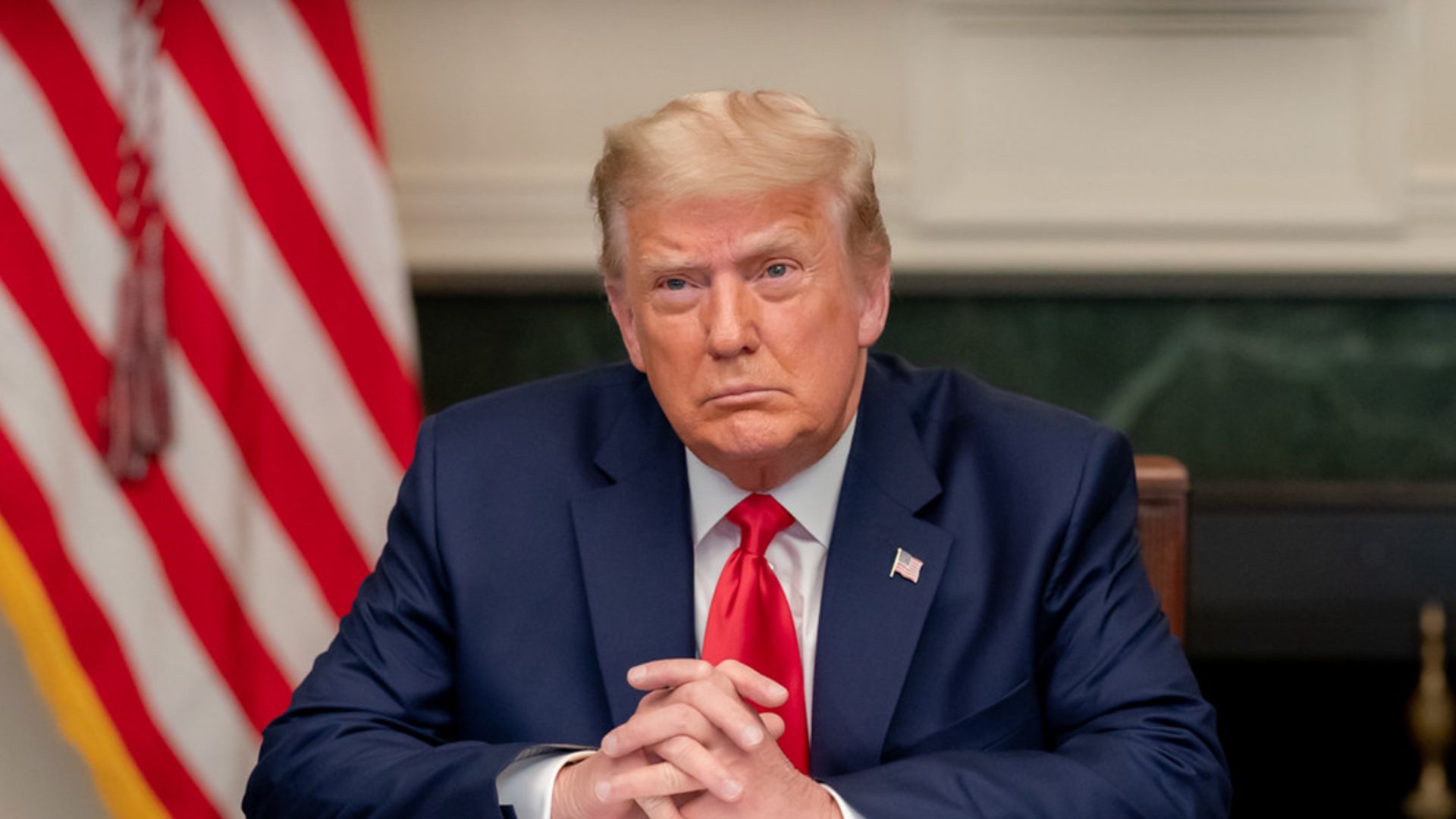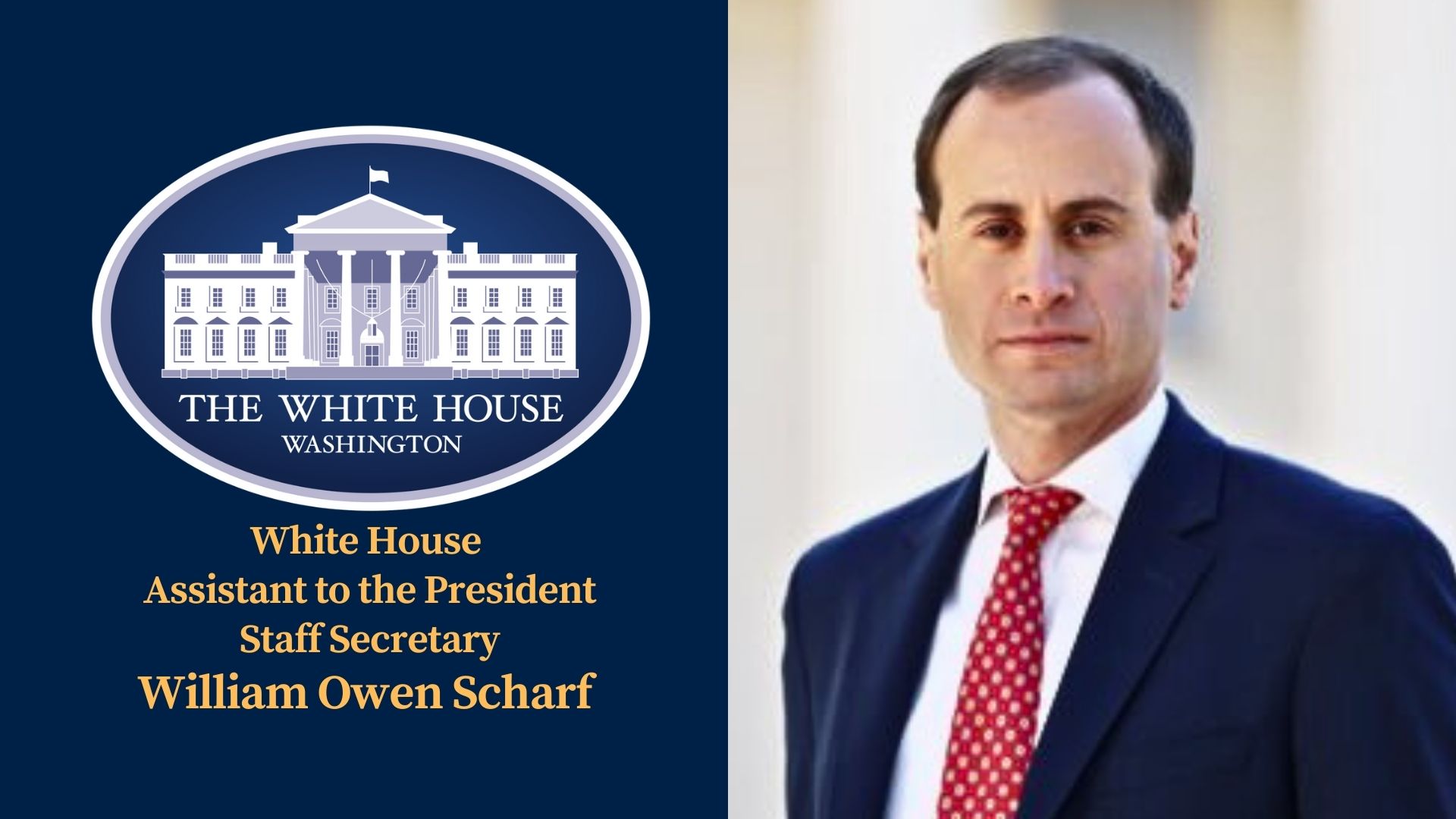[VT Washington, D.C.] March 26, 2025 — President Donald J. Trump issued a presidential proclamation on March 26, 2025, imposing a 25% ad valorem tariff on imports of automobiles and specified automobile parts. The new tariffs are set to take effect on April 3, 2025, for automobiles and by May 3, 2025, for automobile parts, unless otherwise specified in the Federal Register.
The proclamation follows a report from the Secretary of Commerce, reaffirming that imports of passenger vehicles, light trucks, and key auto parts continue to threaten national security. The report highlighted persistent vulnerabilities in U.S. supply chains, exacerbated by the COVID-19 pandemic, foreign subsidies, labor disruptions, and stagnant domestic production.
“Only about half of vehicles sold in the U.S. are manufactured domestically—a decline that jeopardizes our industrial base and national security,” the proclamation states. The Secretary also noted that recent trade agreements, including the revised United States-Korea Free Trade Agreement and the United States-Mexico-Canada Agreement (USMCA), have not delivered adequate outcomes to offset the threats.
Key provisions of the proclamation include:
- A 25% tariff on automobiles and certain parts, effective April 3, 2025 (for vehicles) and no later than May 3, 2025 (for parts);
- For automobiles qualifying under USMCA, importers may submit documentation identifying the U.S. content to limit the tariff’s application to the non-U.S. portion;
- U.S. Customs and Border Protection (CBP) will enforce strict verification; inaccurate reporting of U.S. content will trigger retroactive and prospective full-value tariffs;
- A process will be established within 90 days to expand the scope of tariff-covered parts based on industry requests;
- No drawback will be permitted for duties imposed under this proclamation;
- Prior inconsistent presidential proclamations or executive orders are superseded.
The U.S. Department of Commerce, in consultation with CBP and the U.S. International Trade Commission, will determine necessary modifications to the Harmonized Tariff Schedule and publish related updates.
The new trade measures signal a significant shift in U.S. automotive trade policy and are expected to affect global automotive supply chains and international negotiations.




